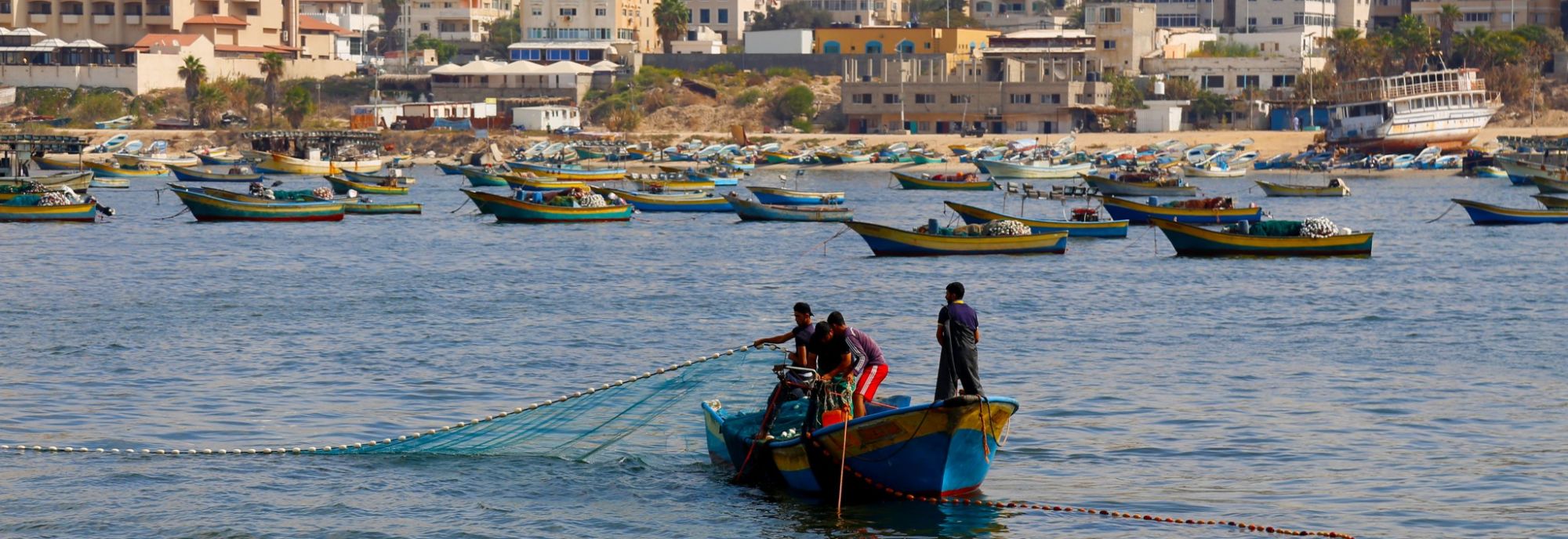
“Fragility and conflict constitute one of the most pressing challenges to sustainable development, however, inaction significantly increases the potential for unrest and downturn of human development,” said Ferid Belhaj, World Bank Group Vice President for Middle East and North Africa. “We recognize that the full potential of the economy will not be achieved without a political settlement. Yet, more can be done to support the well-being of the Palestinian people who have faced more than a decade of stagnant growth and stubbornly high unemployment."
Against an alarming economic background, where 30 percent of the Palestinian population is unemployed, and half of the Gaza population is left without jobs, the World Bank is considering new strategies to foster greater economic opportunities, private investments, matching skills to markets, and job creation.
In its current portfolio, 40 percent of the World Bank grants support private sector development. However, the rate is expected to increase to 90 percent with new projects in energy, water, social and municipal development. Such intervention can enhance the capacity of the economy, inspire entrepreneurial effort, and stimulate job creation, especially for the large number of unemployed youth and women.
“Building on its partnership with the Palestinian Authority, the World Bank will continue its support in strengthening the institutions to efficiently manage public finances and deliver services to citizens. To accelerate growth, private investment and job creation are central to the Bank’s approach,” said Marina Wes, World Bank Country Director for West Bank and Gaza. “Our assistance intends to provide hope and prospects for Palestinians, especially the youth, and to break the vicious cycle of unemployment, poverty, and instability.”
In Gaza, the magnitude of the challenges has left the territory on the verge of economic and social collapse, with serious decline in living conditions. Gaza’s economy shrank by 6% and half of the population is unemployed. Restrictions on trade, access to resources, and the isolation from the West Bank are leading to a continuing decline in the productive sectors. Gaza is suffering from a serious humanitarian crisis, facing urgent challenges in water, sanitation and energy are at its center, and needs urgent attention.
World Bank interventions in Gaza will provide humanitarian and development aid, with a focus on private sector for job creation in the immediate term, and institutional reforms to mitigate the residual risks faced by investors in an uncertain and fragile environment. A new grant to an emergency cash for work intervention will provide training and work experience to youth and women with university degrees, 60 percent of whom are unemployed, in social care services to the most vulnerable. The municipal development will generate employment through labor-intensive infrastructure rehabilitation, including solid waste recycling. In addition, the World Bank will pursue its investment in water security and renewable energy for the provision of essential services and needed relief.
The World Bank will continue to engage in dialogue with donors for strategic partnerships, including through its analytical work. The analysis of urgent economic issues helps facilitate the dialogue and direction of support. The World Bank Group will work with Palestinian policy makers and the private sector to leverage more private investments, and encourage reforms needed to build investor’s confidence, reduce the political risks, and increase the financial viability of projects.
